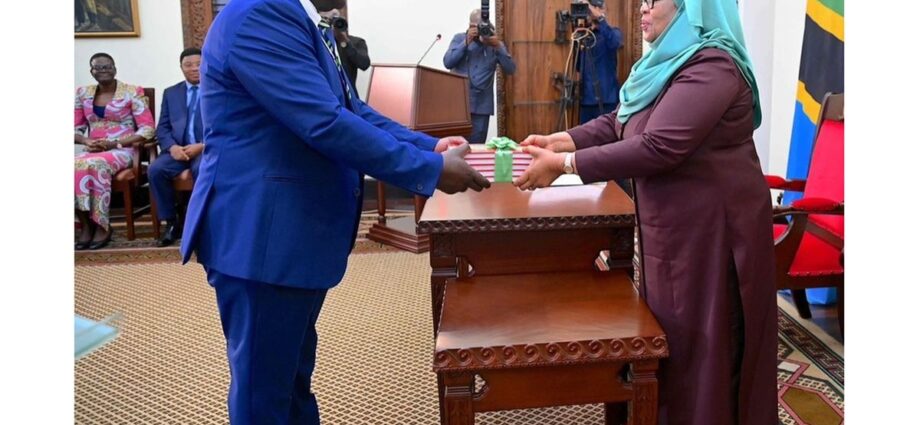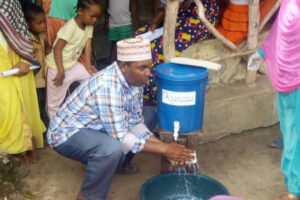The Controller and Auditor General (CAG) report for the financial year 2021/2022, like many other reports from years gone by, made for a very depressing reading. For someone who rarely betrays her poker face in public when angry, President Samia Suluhu Hassan was visibly livid.
The script is the same: there is a chorus of condemnations and calls for stern, legal actions to be taken against alleged thieving cartels.
Not to be the bearer of bad news, but nothing significant will change for the better anytime soon. For the past fourteen years since the current arrangement was put in place, with three different presidents in charge of the country, not once were CAG reports for the faint-hearted.
Each successive year, the picture painted is that of a changing cast but the underlying rot was here to stay. Some few things could explain this perpetual state of affairs.
The Vietnamese have a saying; that a house leaks from the roof. Since the return of multiparty politics in 1992, every election is considered to be a ‘harvest season’ by voters.
Reports after reports point to allegations of endemic corruption and other forms of financial malpractices which cast long shadows of doubts on the class of leaders elected. These are supposed to be the best a society can offer to lead the rest but the reality is anything but that.
However, neither voters nor those voted into office are under any illusion of what is expected of them. It is a transactional relationship. CAG reports point to countrywide networks of looters and plunderers of public resources.
The best thing a thieving public official can do is understanding the league in which they play, because that comes with a degree of protection that can be afforded to those who are better connected.
A single individual cannot inflate an invoice from $ 37 million to $ 86 million or disappear into the sunset with Sh 4.8/- billion.
Geoffrey Chaucer, an English poet wondered “That if gold rust, what then will iron do?” These leaders are expected to be the gold of a society but rise to their positions with countless blemishes. As such the bigger the carcass of public loot, chances are those involved will never be held accountable for their (in)actions.
There is a long list of politically-connected mega corruption scandals of nearly the last three decades where there is no doubt that taxpayers lost dizzying amounts of their taxes but for some reason not a single individual was held accountable for anything.
Worst outcomes were those which puzzled Ayi Kwei Armah in his novel, The Beautyful Ones Are Not Yet Born, where the same small net captures small fish but is remarkably elastic when it comes to big fish, which pass through.
There is also a fact that the reports are based on certain benchmarks.
This boils down to lack of any correlation between a district council’s ‘clean certificate’ and the quality of services offered.
Each time ordinary people are surveyed about the most corrupt public institutions or departments, they point to those which are closest to them; those which affect their daily lives like courts of law, the police, land departments or hospitals and health centres.
The focus of those who join the public service is rarely about offering their services but doing their best to make it in life in the shortest time possible. Social norms pamper those who, as the Ugandans would put it, “fall into things”; that is become rich all of a sudden after joining public service. Parents and guardians are keen for their children to take certain courses at university or be employed in certain public institutions. There is little attention paid to the quality of their services.
While Mwalimu Nyerere’s Ujamaa ethos and its puritanism surface from time to time, its ghosts have not been powerful enough to deter the culture of selfish pursuits, of greed where those in the public service prioritize their own desires and needs and of those close or around them than national interests.
It is for this reason that the country continues to battle the cancer of corruption.
There are many development projects across the country which have stalled despite money being paid upfront to contractors, and in some instances the amount is inflated.
A good place to start earnestly would be to depoliticize the institutions which deal with corruption by making them independent of political influence. Minor and incremental reforms won’t cut it.
Politicians must first let go for the rats on board to sink.















